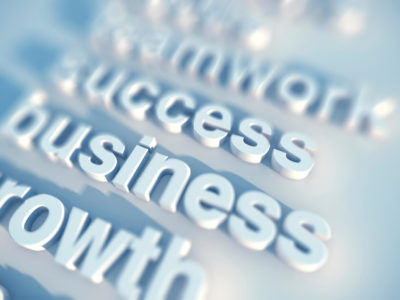CRM, or Customer Relationship Management, employs sentient, automated technology to gather information on how consumers act, feel, and fulfill their needs while interacting with various businesses. While CRM seems outwardly intimidating, businesses should give due attention to its benefits, how it operates, and what owning CRM technology entails.
Why CRM?
Some business owners view CRM with intimidation, feeling it requires extensive time and investment. However, additional efforts to understand one\’s customers often yields impressive results. Through capturing a sharper glimpse of a business\’s customer base, CRM technology:
Predicts upcoming trends based off past consumer behaviors, ultimately boosting sales.
Allotting opportunity for product customization to serve a varied set of consumers\’ needs.
Determining which products deserve promotion and diversification and which products your business should discontinue.
Identifies groups of people most receptive to marketing campaigns.
The Works of CRM
CRM often operates through an algorithm without relying on direct human dictation. It fulfills its function by gathering information on customers\’ likes, dislikes, and purchasing history, while adjusting focus on age groups and other demographics that your business could attract. Overall, CRM provides in-depth analyses of your business operation\’s effectiveness in selling products and services and your potential to expand your customer base. Businesses commonly use the following types of CRM:
Outsourced CRM technologies developed by firms that strive to provide deeper insights to businesses.
Simplified packages accessible in software stores.
Customized software developed by hired consultants to meet business\’s unique needs.
CRM and the Bigger Picture
CRM technology delves into the intricacies of consumer behavior that managers might oversee. Moreover, detailed analyses facilitates an outline of what some planners call a general overview. Businesses now possess information that suggests which practices work best and which products and services yield longstanding revenue. Incorporating CRM, businesses proactively pursue their long-term goals of success and potential expansion with finer strategy, clearer directives, and stronger momentum.
Utilizing a CRM system in your business will help you achieve better organization and implementation. However, you need to choose your CRM system wisely. Today, clients expect a streamlined experience, and expect you to know their needs and to meet them efficiently without putting them on hold. That is where a CRM system can help you quickly identify a client and where its point of contact last left off with your team. By being efficient and attentive, you can deliver excellent customer service, improve retention, and increase client satisfaction with the proper CRM system by your side.



 How to Use Mentoring as an Employee Benefit: Career Development to Communication
How to Use Mentoring as an Employee Benefit: Career Development to Communication